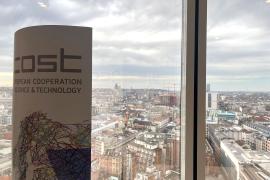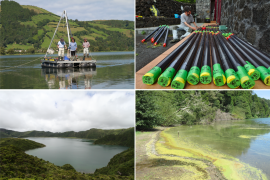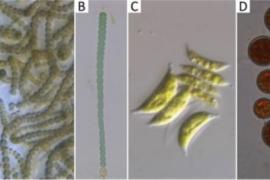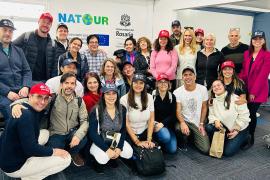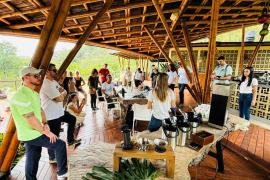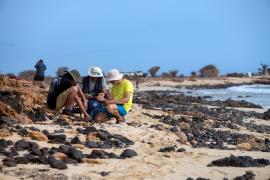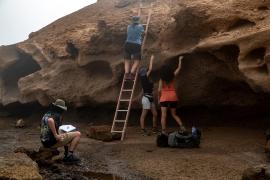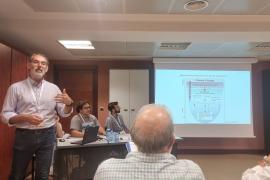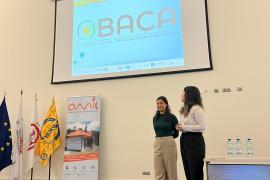Second edition of the postgraduate course in Ecotourism and Nature Guides The University of the Azores has launched a second round of applications for the second edition of the postgraduate course in
Researcher Pedro Raposeiro from the Research Center in Biodiversity and Genetic Resources at the University of the Azores participated on October 16th in a meeting in Brussels at the European
In the past, there were reductions in the biodiversity of diatoms, but they occurred in specific lakes that recovered quickly; now, the loss of species is island-wide In 1982, when the temperature in
Researchers Rita Cordeiro and Rúben Luz, from the Biodiversity and Genetic Resources Research Centre (CIBIO-Azores) at the University of the Azores, took part in the 42nd meeting of the European
The FCT/CIBIO NATOUR project team (development of a joint postgraduate course in Ecotourism and Nature Guides), Maria Anunciação Ventura and Andrea Zita Botelho, met in Bogotá, Colombia from 9 to 13
An international expedition of geologists, palaeontologists and biologists led by biologist and palaeontologist Sérgio Ávila (CIBIO-Açores/University of the Azores) and geologist Ricardo Ramalho
Researchers Vítor Gonçalves and Pedro Raposeiro, from CIBIO - Azores at the University of the Azores, are attending the XXII Congress of the Iberian Association of Limnology (AIL), which is taking
Researchers Rita Cordeiro and Vanessa Costa, from the Azores Algae and Cyanobacteria Bank (BACA), were present at the EPROSEC School invited by the Azores Microbial Observatory (OMIC) to celebrate the




